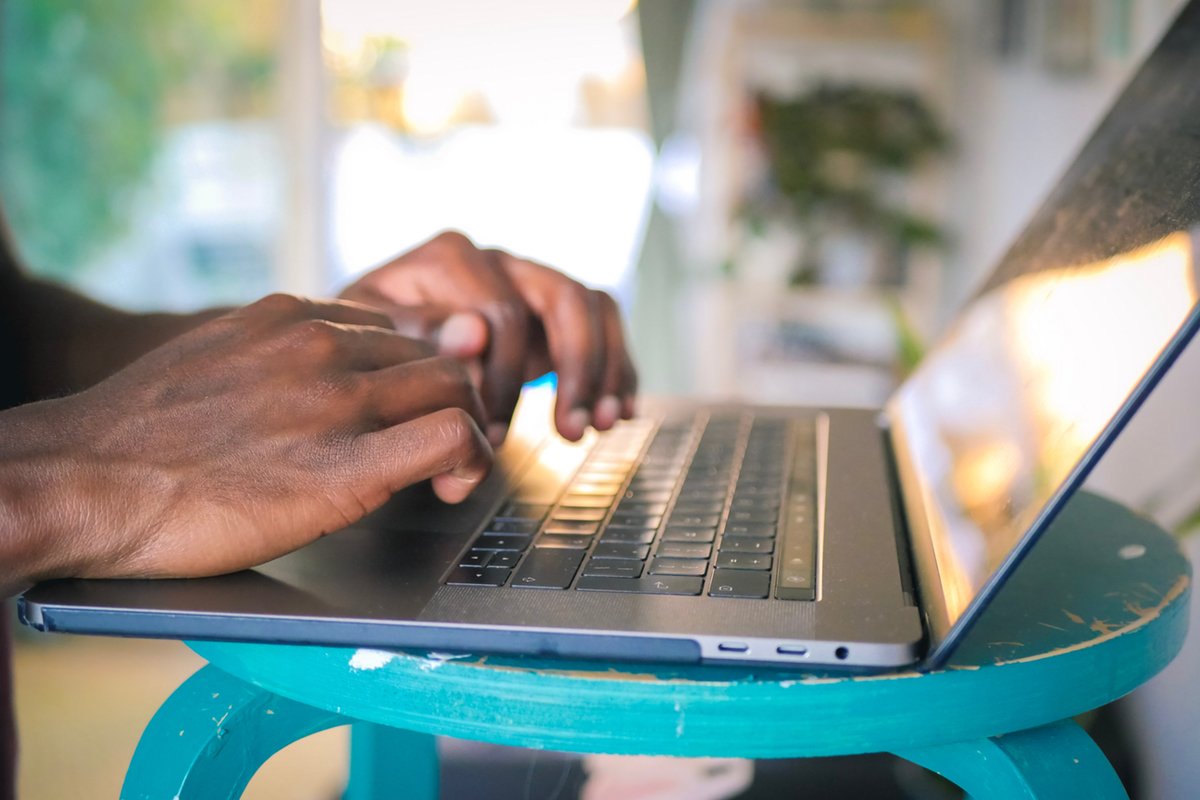 (Photo by Hello Lightbulb/Unsplash)
(Photo by Hello Lightbulb/Unsplash)
For over 650,000 Illinois families, affordability is a key deterrent to accessing sufficient internet service, and more than 1.1 million Illinoisans lack at-home computing devices. The COVID-19 pandemic exposed how widespread and detrimental inequities in internet access are, as those without reliable internet service struggled to participate in school, gain access to health care and do their jobs remotely.
To address these disparities, the Federal Communications Commission has created an Emergency Broadband Benefit program that provides eligible households with discounts of up to $50 a month on home internet service, making the service more affordable and accessible for qualifying low-income families. The program also offers a $100 discount toward the purchase of a laptop, computer or tablet from a participating provider.
The availability of new federal subsidy programming builds on efforts underway in Illinois to expand access to infrastructure, equipment and education programs for households lacking access and to bridge the digital divide throughout Illinois, including a comprehensive plan to deliver high-speed internet access throughout Illinois by 2024.
Eligibility for the program depends on at least one member of the household meeting one or more of these criteria:
- Has an income that is at or below 135 percent of the Federal Poverty Guidelines or participates in certain assistance programs, such as SNAP, Medicaid or the FCC’s Lifeline program;
- Approved to receive benefits under the free and reduced-price school lunch or breakfast program;
- Received a Federal Pell Grant during the current award year;
- Experienced a substantial loss of income through job loss or furlough since Feb. 29, 2020; or
- Meets the eligibility criteria for a participating provider’s existing low-income or COVID-19 program.
To learn more about the program, including details on how to enroll, visit
www.fcc.gov/broadbandbenefit or call 833-511-0311 between 9 a.m. and 9 p.m. any day of the week.
The $3.2 billion federal program is temporary and will conclude when funds run out or six months after the U.S. Department of Health and Human Services declares an end to the pandemic.